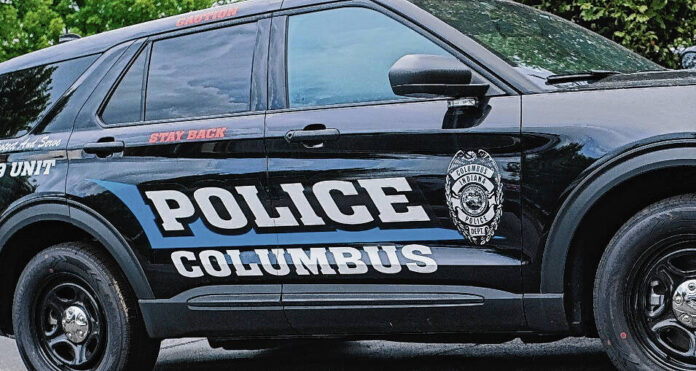COLUMBUS, Ind. — The Columbus Police Department is upgrading its vehicle cameras with technology that allows officers to scan passing license plates and notifies officers on patrol if the vehicle is linked to an investigation.
The Columbus Board of Works has approved updating CPD General Order 41: Patrol with new sections on the use of license plate recognition (LPR) technology, including mobile LPR technology.
While CPD already uses Flock Safety Co. surveillance cameras stationed along roadways to monitor plates, Deputy Chief Steve Norman said that mobile LPR technology will be a new addition to the department’s resources, with installation expected to occur in late 2023. The mobile tech will be linked into officers’ in-car cameras and be able to scan passing license plates.
“We have tested mobile license plate readers in the past, but with the price tag that comes along with it, it was quite pricy,” he said. “However, we are upgrading our mobile cameras this year, and one of the features that it has in it is the license plate reader.”
He said that the upgrade is not a major increase to the city’s existing contract with camera provider Axon, and the cameras will be installed in the late third quarter or early fourth quarter of 2023.
When a camera scans a car, the technology will read its license plate, run it through a database and notify officers if it’s linked to a case. Norman said that the system will not be used to catch speeders and will be able to alert police to the presence of vehicles linked to topics such as Amber Alerts, kidnappings, wanted individuals or murder suspects.
The updated General Order 41 states that, “Columbus Police Department uses license plate recognition (LPR) technology to assist in criminal law enforcement and public safety activities that include automated criteria created by the Columbus Police Department, Bartholomew County Sheriff’s Office, and other member law enforcement agencies.”
These criteria include:
- Stolen vehicles and license plates
- Suspended driver’s licenses or registrations
- Vehicles associated with wanted persons, Amber and Silver alerts, federal law enforcement information and/or criminal investigations
Agency supervisors are responsible for setting the automated criteria.
The order states that mobile LPR technology should be deployed during patrol operations, active investigations, special events or “when deemed appropriate by supervising officers.”
For more on this story, see Saturday’s Republic.





